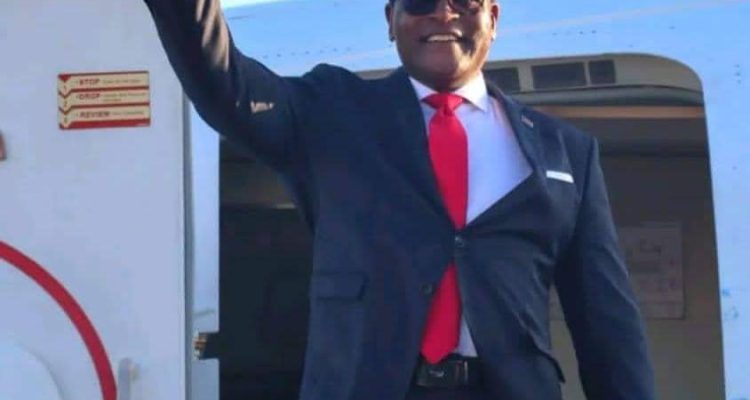
President Dr. Lazarus Chakwera has recently returned to Malawi from his international trips to the United States and Kenya, where he participated in several summits and meetings. While he secured commitments from the Millennium Challenge Corporation for infrastructure development in Malawi and interacted with potential investors, it’s essential to question whether such extensive travel truly serves the interests of ordinary Malawians.
One must consider whether the President’s direct involvement in these global events was necessary. Could these responsibilities have been effectively delegated to a minister or another high-ranking official, thus conserving resources that could be better used within Malawi itself?
Malawi faces severe economic challenges, including significant poverty, unemployment, and difficulties in the agricultural sector. In light of these pressing domestic issues, it is crucial for government officials to prioritize initiatives that directly address the needs of Malawians.
Moreover, the President’s meetings with prospective investors in Texas raise concerns about the actual benefits these discussions bring to Malawi’s economy. While foreign investment is crucial for stimulating economic growth, it is equally important to ensure that these investments are managed in a way that benefits the local population and promotes sustainable development.
Without stringent oversight and transparency, there is a risk that such investments may primarily advantage a narrow group rather than the wider Malawian community.
Additionally, President Chakwera’s participation in the Africa Fertilizer and Soil Health Summit in Kenya might seem commendable, yet it remains uncertain whether such high-level involvement results in real advantages for the typical Malawian farmer.
Addressing soil degradation and climate change is undoubtedly important, but it is essential that any strategies or initiatives discussed are effectively implemented on the ground in Malawi to create meaningful change.
Furthermore, the announcement of a $350 million Transport and Land Compact in collaboration with the Millennium Challenge Corporation prompts scrutiny concerning how this substantial funding will be allocated.
While infrastructure development is vital for economic growth and improved connectivity within Malawi, it is crucial that these funds are utilized efficiently and with a focus on the most critical needs of the Malawian population. Without adequate oversight and accountability, there is a danger that such large-scale projects may not deliver the promised benefits to the general populace.
In conclusion, the frequent international engagements of Malawi’s President raise important questions about the prioritization of time, resources, and attention, especially when significant domestic issues in Malawi remain unresolved.
It is imperative that government officials put the needs of the Malawian people first and focus on implementing sustainable solutions that will lift the country out of its economic difficulties.
By delegating international errands to competent officials and ensuring transparency and accountability in all government activities, Malawi can truly advance towards enhancing the quality of life for all its citizens.














